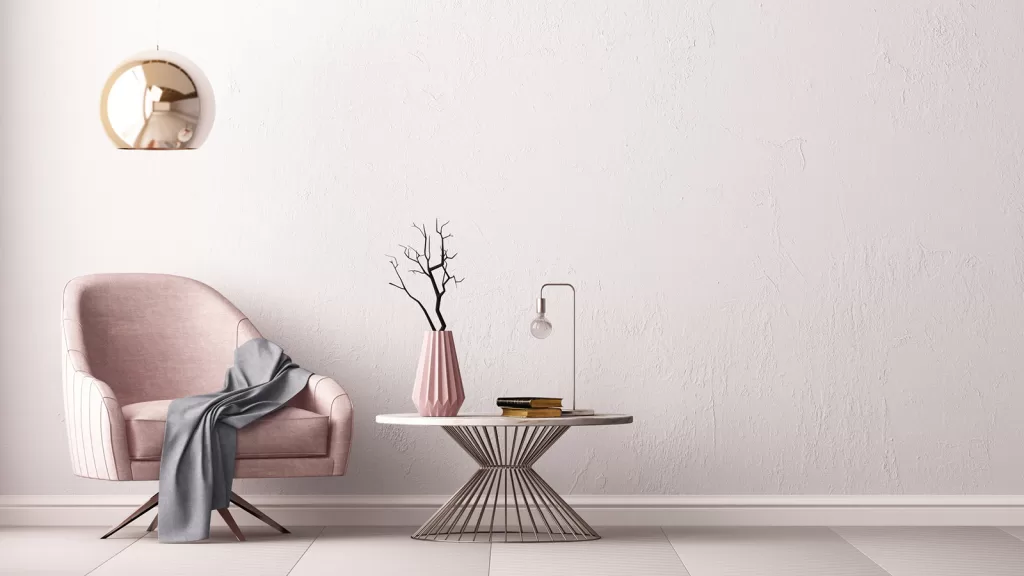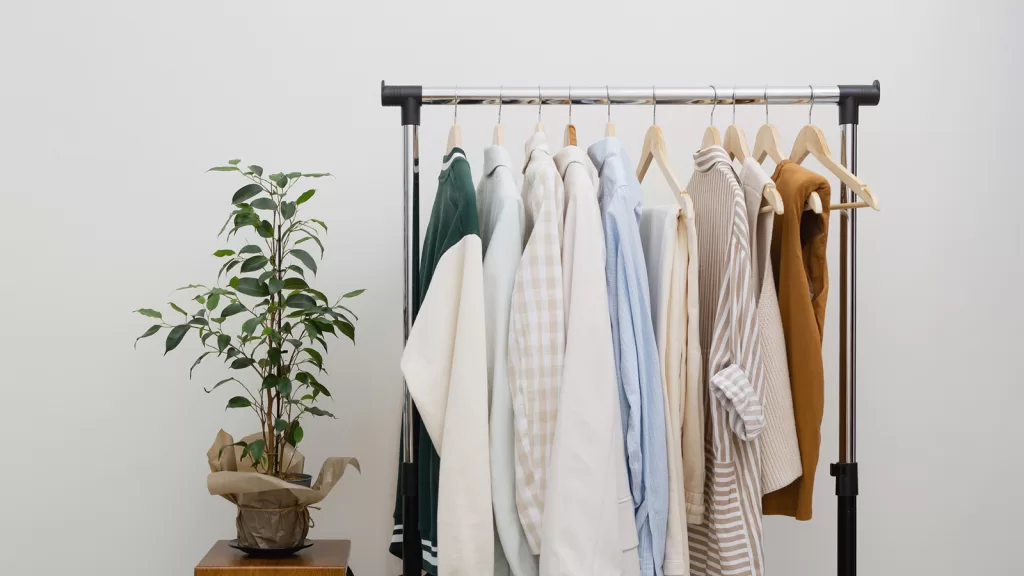“You’re a minimalist? That doesn’t sound like fun.”
Minimalism has emerged as a powerful counterpoint to a society consumed with spending money to acquire stuff. It’s a lifestyle philosophy that advocates for simplifying one’s life by decluttering, focusing on essentials, and eliminating excess. Yet, despite its growing popularity, there are many misconceptions about minimalism.
This article will explore what almost everybody gets wrong about minimalism.
Minimalism is All About Aesthetic

One of the most common misconceptions about minimalism is that it’s solely about creating a sleek, white, and sterile aesthetic in your living space.
That’s not true. You don’t need a white, emotionless space to be a minimalist.
While minimalism can appear like an environment without color or vibrance, its core principles go far beyond aesthetics. Minimalism is not just about owning fewer things or decorating with clean lines and neutral colors; it’s about simplifying every aspect of your life, from your possessions to your schedule, to achieve greater clarity and purpose.
Minimalism encourages you to question why you have certain possessions, how they add value to your life, and whether they align with your values and goals.
It’s about stripping away the unnecessary to reveal what truly matters to you, whether that’s material possessions or intangible aspects like relationships and activities.
The aesthetic aspect is a byproduct of this process, not the end goal.
Minimalists Don’t Own Anything
Another common misconception is that minimalists live with almost nothing.
While some extreme minimalists adopt an ultra-minimalist lifestyle with few possessions, this isn’t a requirement of minimalism. Minimalism is about intentionality and conscious consumption, not deprivation or turning your life into a sacrifice.
Minimalists carefully curate the things around them.
This means that minimalists might have fewer possessions than the average person, but what they do have is thoughtfully chosen and meaningful to them. The goal is not to own as little as possible but to eliminate the excess and focus on what truly matters.
Minimalism is Expensive
Some people believe that adopting a minimalist lifestyle requires a significant financial investment in high-end designer products. This misconception arises from the association between minimalism and minimalistic design trends, which can be costly.
However, minimalism as a lifestyle is not tied to any particular price point.
On the contrary, minimalism often leads to cost savings. By buying fewer things and being more mindful of purchases, minimalists can redirect their resources towards experiences, travel, education, or investments that align with their values.
Minimalism isn’t about spending more money on a certain aesthetic; it’s about spending your money consciously and intentionally.
Minimalists Can’t Enjoy Collecting or Hobbies
Another fallacy is that minimalists can’t enjoy collecting items or pursuing hobbies. This couldn’t be further from the truth. Minimalism is not about depriving yourself of things you love; it’s about being deliberate in your choices.
Minimalists can absolutely enjoy collecting items or engaging in hobbies, but they do so with intention. For collectors, this might mean focusing on a specific niche or category and avoiding mindless accumulation. Minimalists who love hobbies ensure their pursuits align with their values and don’t become sources of clutter or distraction.
In fact, minimalism can enhance your hobbies and collections by allowing you to focus on what truly matters within those interests rather than being overwhelmed by many items or activities.
Minimalism is Just for Single People
Some believe minimalism is only suitable for single individuals without families or significant responsibilities. It might be easier without a family with kids, but it’s far from impossible if you do have a larger family.
Minimalism can be particularly valuable for families, as it can help reduce the chaos and stress associated with excessive possessions and busy schedules. It encourages families to prioritize quality time together, intentional choices, and shared experiences. Minimalism can be customized to suit any life stage or circumstance, making it accessible to individuals and families alike.
Minimalism is an All-or-Nothing Lifestyle
Many people believe minimalism is an all-or-nothing proposition—you’re either a minimalist or not. This black-and-white thinking can be discouraging and prevents individuals from exploring the benefits of minimalism.
In reality, minimalism is a spectrum, and it’s entirely personal.
You can incorporate minimalistic principles into your life to whatever degree feels right for you. You don’t have to declutter your entire home in one weekend or radically change your lifestyle overnight. Start with small steps, such as decluttering one room or reevaluating your spending habits.
Minimalism is about progress, not perfection; every little change can make a significant difference in your life.
Minimalists Are Anti-Consumerism Extremists
While minimalism does challenge the prevailing consumerist culture, it doesn’t require individuals to become anti-consumerism extremists. It’s not about rejecting consumerism entirely but about being a mindful consumer.
Minimalists understand that we live in a world where some level of consumption is necessary, but they strive to make more intentional and sustainable choices.
Rather than viewing all consumption as inherently bad, minimalists seek to align their purchases with their values and prioritize quality over quantity. They also consider their choices’ environmental and ethical implications, supporting businesses that share their values.
Minimalism encourages a more conscious and responsible approach to consumerism, not a wholesale rejection of it.
Minimalists Are Always Stoic and Emotionless
Another misconception is that minimalists are stoic and emotionless individuals who have detached themselves from the emotional aspects of life.
This couldn’t be further from the truth.
Minimalism fosters a deeper connection to what truly matters, including emotions and relationships.
Minimalists often report increased emotional well-being and stronger relationships as they declutter their lives and reduce distractions. They have more time and energy to invest in meaningful connections and experiences by eliminating the excess. Minimalism can lead to a more emotionally rich and fulfilling life, not a cold and emotionless one.
In conclusion, minimalism is a versatile and adaptable lifestyle philosophy that goes far beyond aesthetics and living a barren life with nothing.
It’s not about owning as little as possible or adhering to rigid rules.
Instead, minimalism is about conscious choices, intentionality, and living a life that aligns with your values and priorities. Whether you’re single or have a family, whether you’re a collector or a hobbyist, minimalism can be customized to enhance your life in meaningful ways. It’s a journey of self-discovery, simplification, and greater fulfillment, and it’s open to anyone willing to explore its principles.
So, if you’ve been holding back from embracing minimalism due to misconceptions, consider trying it—you might find that it’s a path to a more intentional and joyful life.



